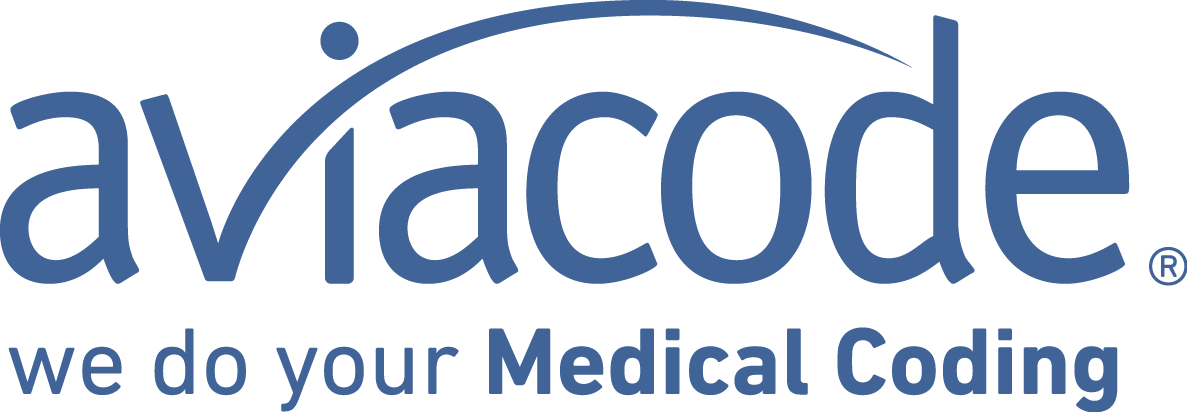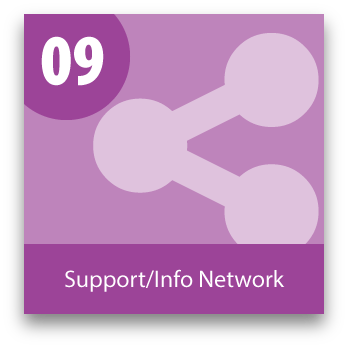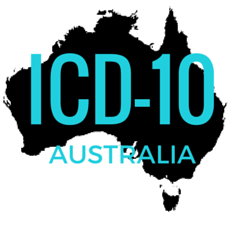Revenues hinge on proper medical coding. Without it, reimbursements will not come in, and the facility will not generate money. With the recently implemented ICD-10 standards here in the USA these codes will become under more scrutiny. Let's discuss the top 3 secrets to a successful medical coding reimbursement:
1. Experienced Medical Coders
Previously, medical coders using ICD-9 spent an average of 12-15 minutes per chart with a turnaround period of about 69 days. With the implementation of ICD-10 it is now estimated that coders will spend an average of 33 minutes per chart with a turnaround period of about 139 days. Time lost means revenue lost. Without extensive preparation, inexperiened medical coders will directly impact the loss of revenue and increase in denied claims. Here at Aviacode we ensure all of our medical coders are not only ICD-10 Certified, but specialty specific subject matter experts for our clients coding. Our model has been followed not only by outsourced medical coding companies, but those medical practices that choose to keep their medical coding in house. Each and every one of Aviacode's Medical coders are AAPC or AHIMA certified with three or more years of experience and are required to pass specialty-specific exams.
It should go without saying, the first secret to a successful claim reimbursement starts with having an experienced medical coder. Without the right coder, you will not have the maximum reimbursement potential you are seeking out.












